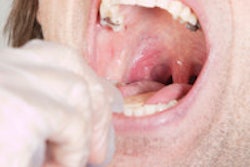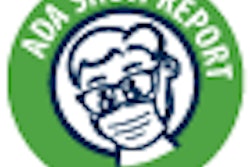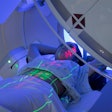Offering free head and neck cancer (HNC) screenings annually to communities offers the possibility of early detection and the opportunity to increase the understanding of cancer risk factors.
That's according to a new study from Henry Ford Hospital in Detroit, which found that people who attended free HNC screenings in urban cities were more likely to be African-American, current smokers, and have a history of treatment for other cancers than those who live in a suburban community.
The study findings also show free screenings and related education are well-received, particularly in racially diverse communities like Detroit. The research was presented last week at the 2013 American Academy of Otolaryngology-Head and Neck Surgery meeting in Vancouver, British Columbia, by lead author Tamer Ghanem, MD, PhD, director of the head and neck oncology and microvascular surgery division and division chief of the department of otolaryngology-head and neck surgery at Henry Ford Hospital.
Head and neck cancers account for approximately 3% of all cancer cases in the U.S. Head and neck cancer can occur in the mouth, throat, larynx (voice box), swallowing passages, nasal passages, and salivary glands. Tobacco and/or heavy alcohol use increases the risk of developing the disease, and most cases are found in people older than age 40.
For the study, Dr. Ghanem and researchers surveyed 118 people who attended Henry Ford Hospital's free head and neck screening day in 2012 and 2013 to determine risk factors and knowledge of risk factors in a multiethnic urban area and a suburban population.
Participants in the study ranged in age from 23 to 85 years old. Among those in the study, people living in urban areas reported more cumulative years consuming alcohol than those living in a suburban area.
Most notably, however, urban patients were more willing than suburban patients to volunteer to promote awareness for head and neck cancer. Additionally, a larger number of urban patients believed the free head and neck screening program increased their knowledge of head and neck cancer.



















